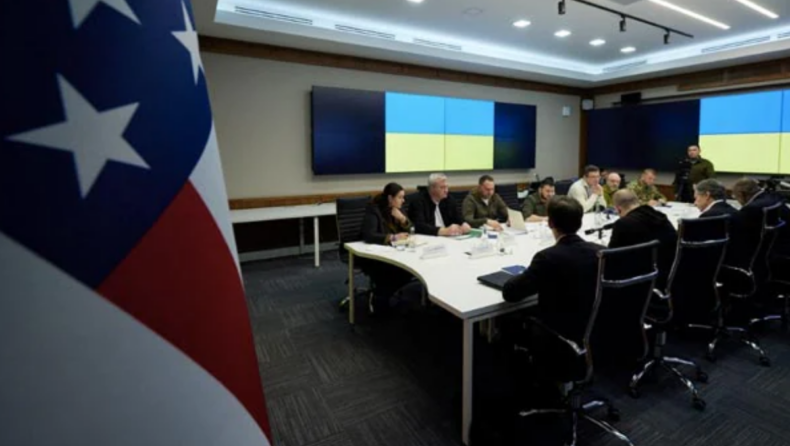Russian-led campaign of pressure on foreign technology firms. The authorities are pressuring corporations to censor unpleasant material online while leaving pro-Kremlin media uncensored, threatening fines, arrests, and the blocking or slowing down of internet services.

As Russia threatens Ukraine, the Russian government is stepping up its domestic censorship campaign by squeezing some of the world’s largest tech firms. Roskomnadzor, Russia’s communications regulator, announced on Friday that it had initiated administrative procedures against Google, owned by Alphabet Inc., and six other international tech firms for alleged violations of personal data legislation.
If passed, the legislation would affect global digital companies such as Facebook and Google, which, according to the sources, may face fines of up to 1% of their annual turnover in Russia if found to have broken the guidelines. Russia has enacted stricter internet rules over the last five years, requiring search engines to erase some search results, messaging services to exchange encryption keys with security services, and social media platforms to keep Russian users’ personal data on Russian servers.
Russian authorities have already given Google, Meta, Apple, Twitter, TikTok, and other companies until the end of the month to comply with a new rule requiring them to establish legal businesses in the country. The so-called landing law, according to legal experts and civil society groups, makes firms and their employees more vulnerable to Russia’s legal system and government censorship demands.
The steps are part of a Russian-led campaign of pressure on foreign technology firms. The authorities are pressuring corporations to censor unpleasant material online while leaving pro-Kremlin media uncensored, threatening fines, arrests, and the blocking or slowing down of internet services.
Since Russia launched tens of thousands of troops into Ukraine on February 24, the two countries have clashed over content, censorship, data, and local representation in a simmering disagreement that has erupted into a full-fledged information war.
Last year, Russia penalized Google with 3 million rubles ($46,540) for failing to store Russian consumers’ personal data in databases on Russian soil, and it said on Friday that it had launched action steps against Google for “continuous failures to comply with Russian legislation.”
According to TASS, a Russian court issued a fine for failing to remove “fake” information regarding the Ukraine crisis and YouTube videos made by Ukrainian far-right parties. Furthermore, according to Roskomnadzor, Google might face a fine of between 6 and 18 million rubles.
The regulator also announced that it has opened cases against Airbnb, Pinterest, Like me, Twitch, Apple, and United Parcel Service for alleged first-time offenses that could result in fines ranging from 1-to 6 million rubles.
Likeme was unavailable for comment, and the other five companies had no quick response. This appears to be a retaliatory move by the Russian government after the US imposed sanctions on a number of Russian tech firms in March, including the country’s top chipmaker, as the latest economic retribution for Moscow’s invasion of Ukraine.
The penalties are “part of the US Treasury’s campaign on the Kremlin’s sanctions evasion networks and technology companies, which are critical to the Russian Federation’s war machine,” according to the US Treasury.
The sanctions target 21 organizations and 13 individuals, including Mikron, the largest Russian manufacturer, and exporter of microelectronics. A consultation document developed by President Vladimir Putin’s government and distributed to industry players for feedback contains intentions for harsher fines.
Following the start of the invasion, Google shut down most of its activities in Russia and relocated many of its staff. It had already stopped selling ads in Russia, including search and YouTube ads, and had barred Russian state-sponsored media, including RT and Sputnik, from using YouTube in Europe.
It’s likely to say, many countries are directly or indirectly part of this Russian-Ukraine conflict. The Russian conflict is not only limited to the war zone, but developed countries are also trying to target other sectors too, and these steps are affecting almost every country on earth.
Read More : Sri Lanka to recieve Russian Oil to deal its shortage













